Education and self-sufficiency services are critical for Section 8 recipients, helping them to build the skills and knowledge needed to secure employment and increase financial stability. These services not only benefit Section 8 recipients but also have a positive impact on their families and communities, reducing reliance on public assistance and increasing economic mobility.
In this blog, we will explore the education and self-sufficiency services available to Section 8 recipients across different states. We will also be highlighting the benefits of these programs and the challenges of accessing them.
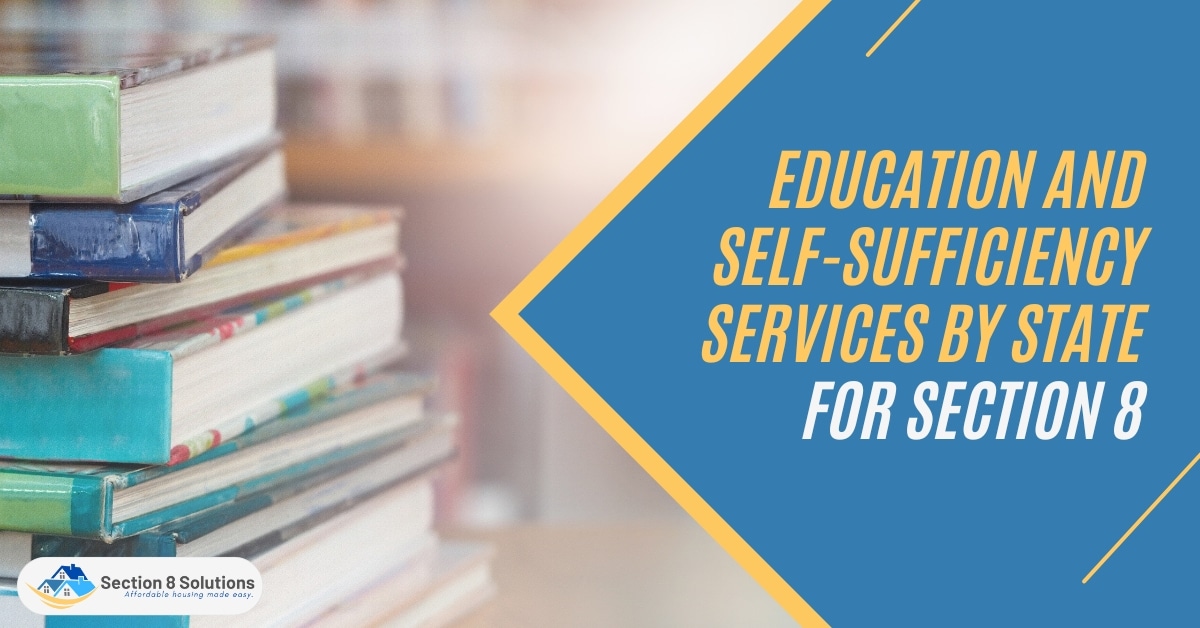
Importance of Education and Self-Sufficiency Services
Having access to quality educational and self-sufficiency services is of the utmost importance for families in Section 8. These services offer invaluable support to those receiving assistance and their families, with the end goal being to help them become self-sufficient by providing the resources needed to be successful.
Through organized programs, they can develop skills that will work toward ending poverty cycles and continue pursuing a long-term sustainable lifestyle. Furthermore, education can provide opportunities for better employment outcomes that can increase financial stability for individuals and their families in Section 8.
Ultimately, these services are a crucial cornerstone in creating paths to self-sufficiency and building brighter futures for all.

Education Services by State for Section 8 Recipients
Many states and local governments offer a variety of educational programs and services to help individuals improve their skills, increase their earning potential, and achieve their educational goals. Some examples of these services may include:
- Financial aid for college: Many states offer financial assistance programs, such as grants or scholarships, to help low-income students afford college.
- Vocational training: Some states offer vocational training programs that provide job-specific training in fields such as healthcare, technology, or skilled trades.
- Adult education: Many states offer adult education classes to help individuals improve their reading, writing, and math skills, or earn a high school equivalency diploma.
- Job training and placement: Some states offer job training and placement programs that provide career counseling, job search assistance, and training in job-specific skills.
- Early childhood education: Some states offer programs to provide high-quality early childhood education to low-income families.
The specific programs and services offered may vary by state and are subject to change over time. Section 8 recipients may want to contact their local public housing agency or state education department to inquire about available educational programs and services.
There are a few resources you can use to research educational programs and services that may be available to low-income individuals and families:
- The U.S. Department of Education website provides information on federal education programs, grants, and financial aid. You can visit their website here.
- The National Council of State Housing Agencies (NCSHA) website provides a directory of state housing finance agencies, which may offer educational programs and services for low-income individuals and families. You can visit their website here.
- Your state’s Department of Education or Department of Housing and Urban Development (HUD) may have information on educational programs and services available to Section 8 recipients in your area.
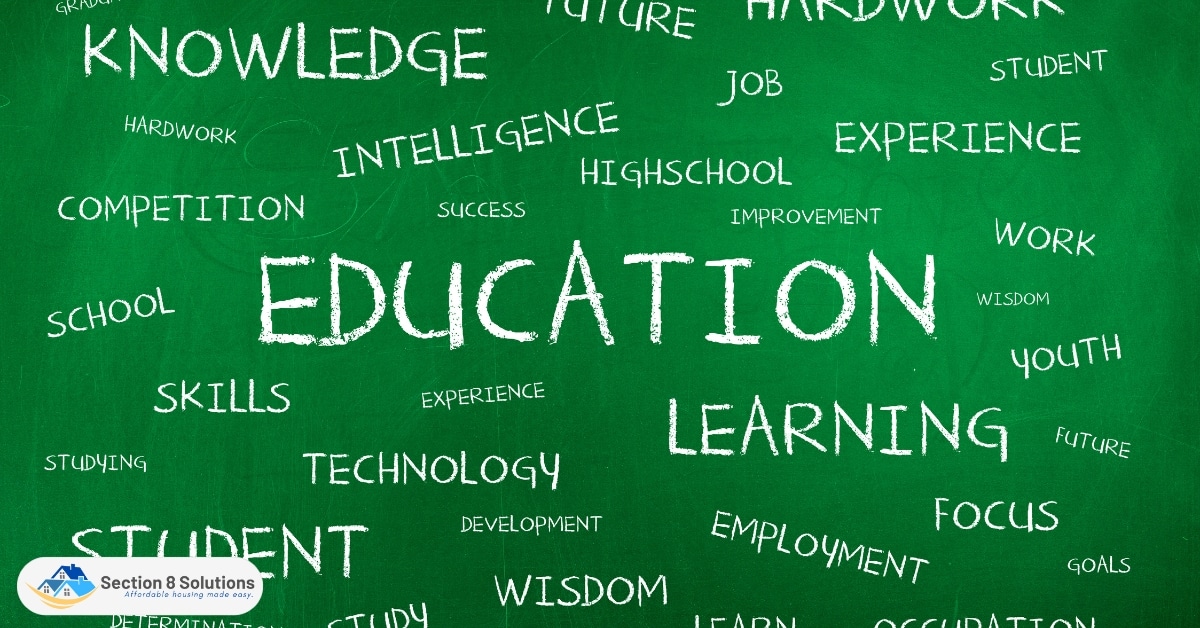
Benefits of Education and Self-Sufficiency Services for Section 8 Recipients
Improved Employment Opportunities
Investing in education and self-sufficiency services for Section 8 recipients is not only beneficial to their futures, but also to the future of our society. Improving employment opportunities for this demographic could lead to more widespread economic stability as well as reduce poverty rates.
Increased access to higher education provides a pathway toward career paths that were not previously available and unlocks new job prospects in industries they did not consider before. These individuals are able to comfortably stand on their own two feet through sustainable employment, reducing their reliance on housing assistance programs like Section 8.
In launching this initiative, we can expect significant payoffs in terms of social mobility and financial stability throughout our communities.

Increased Financial Stability
Increased financial stability for Section 8 recipients is a major priority of the Urban Renewal Office. The ability to obtain necessary education and self-sufficiency services can improve the quality of life for desperately underserved communities.
By ensuring the necessary support is provided to those who need it most, Section 8 recipients are given the opportunity to become independent and progress out of poverty. With increased financial stability comes improved health outcomes in addition to many other important benefits that will serve low-income individuals for years to come.
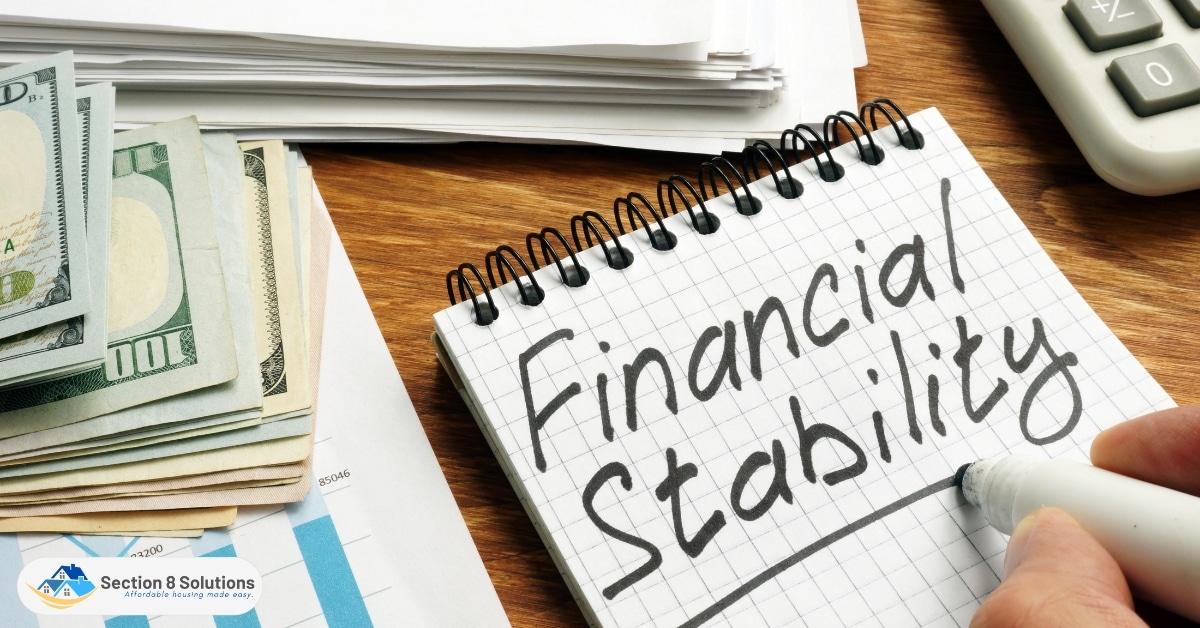
Better Quality of Life
Education and self-sufficiency services are essential to help Section 8 recipients achieve and maintain a better quality of life. By providing participants with the opportunities to develop goal-setting capabilities and valuable resources for success, these programs foster hope which is essential in transforming lives.
Ultimately, they improve the overall well-being of participants while efficiently utilizing limited social service funds into reasonable investments for healthy communities.

Reduced Dependency on Public Assistance
It is an admirable goal to reduce dependency on public assistance for the benefit of education and self-sufficiency services for Section 8 recipients. Education can be a powerful tool that provides opportunities for individuals to develop skills, acquire knowledge, and stay competitive in their search for jobs or advances in their careers.
Self-sufficiency services are also important because they give individuals access to support during difficult times and help them become independent and learn how to provide financially for themselves on their own terms. When these two components are combined, communities will create a more stable environment that allows people to thrive while also decreasing the need for long-term reliance on public assistance.
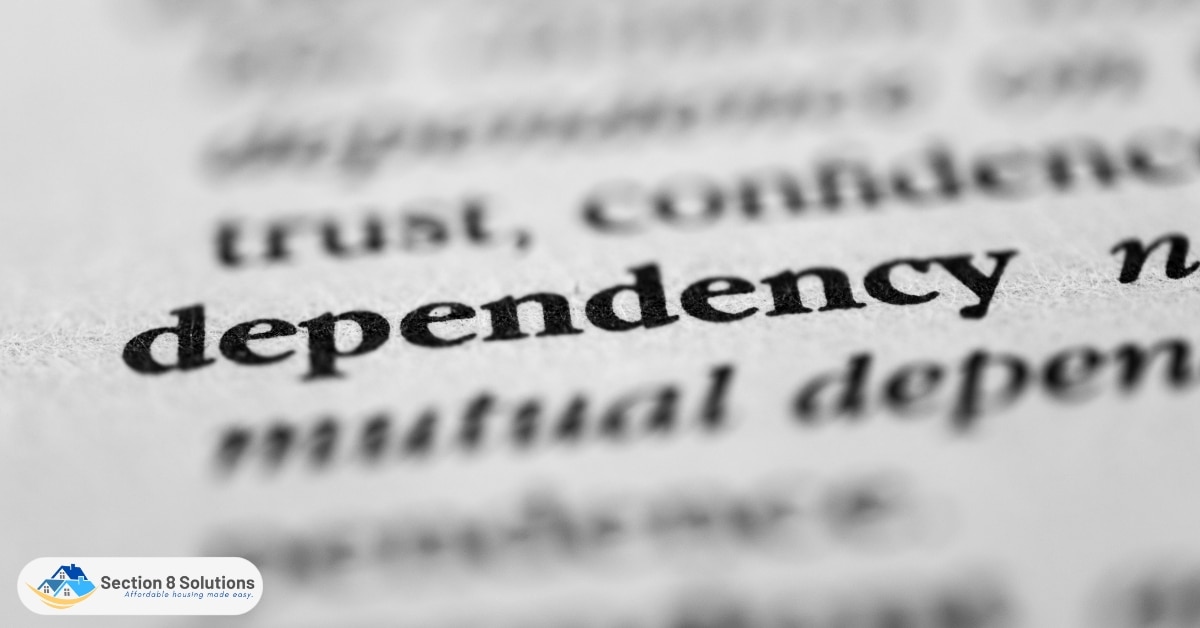
Challenges and Solutions to Accessing Education and Self-Sufficiency Services for Section 8 Recipients
Transportation
Accessing education and self-sufficiency services can be a challenge for Section 8 recipients. Transportation is one of the major potential obstacles in this area as many do not have access to cars or public transportation.
To help alleviate this burden, agencies offer assistance by issuing bus passes, providing subsidized rideshare services, and partnering with local non-profits to provide assistance with transportation costs. Working together with service providers to access available resources is key for Section 8 recipients in reaching educational goals and self-reliance.

Childcare
The challenge for Section 8 recipients and their families is to access education and self-sufficiency services. Accessible childcare options are needed for those who have children in order to provide the ability to attend school, get training, secure employment, and move toward economic stability.
These childcare centers should feel welcoming and affordable, with a commitment to maintaining high standards of excellence for early childhood education programs. High-quality care with essential support should be available so that participants can better achieve their educational goals and gain the skills needed to become economically self-sufficient.

Internet Access
In recent years, the transition to online educational resources and self-sufficiency services has become essential. With the onset of the COVID-19 pandemic, access to these services becomes even more important for Section 8 recipients.
Despite this need, many face difficulty in attaining or affording reliable Internet access. In response to this challenge, increased efforts from government entities and nonprofit organizations have emerged that provide solutions. The trend of providing such solutions is delivering hope and independence to struggling people everywhere.
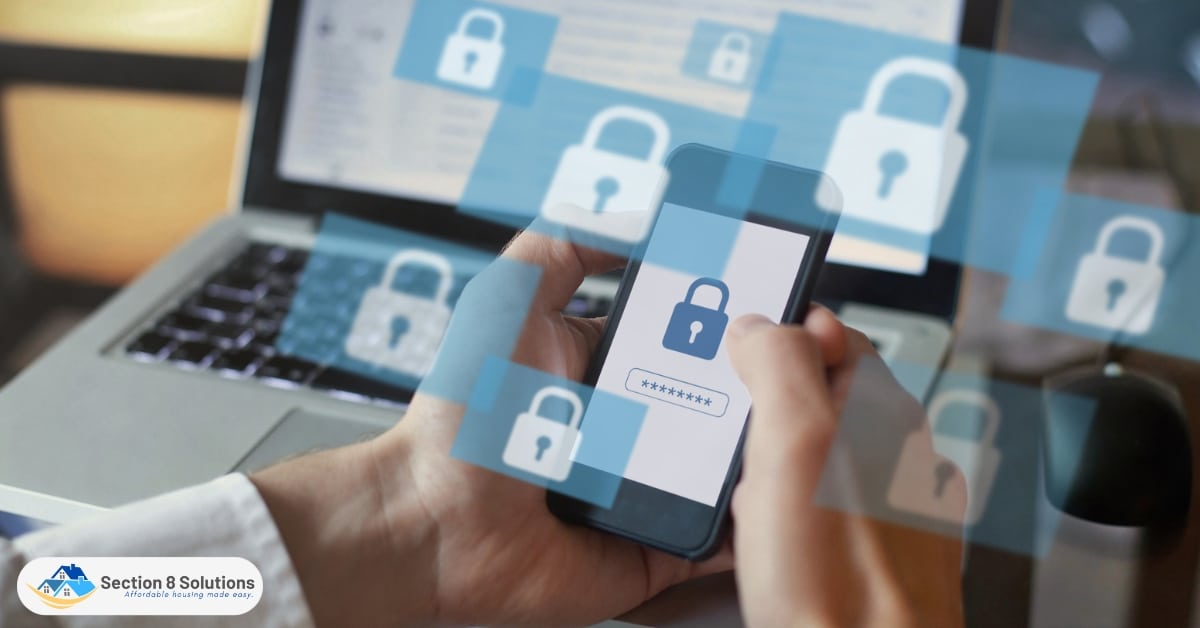
Lack of Awareness
A lack of awareness surrounding challenges and solutions to accessing education and self-sufficiency services continues to be a major barrier for Section 8 recipients. To remedy this, programs dedicated to developing skills necessary for these individuals to become more independent must be explored.
Through investments in providing financial literacy education, employment training opportunities, and knowledge of public benefits resources, disadvantaged families can become more empowered and ultimately get themselves on a better path toward financial stability.
Supporting such initiatives is an essential part of bridging the gap between underprivileged communities and those living outside of poverty.
Potential Solutions to Address Challenges
Most state programs that aid Section 8 recipients with developing job skills, earning higher wages, and attaining educational goals can be difficult to access. To counteract this, there must be an open line of communication between those providing services and those utilizing them.
Innovative approaches like the use of community participation centers could help bridge any gaps in service delivery between the two sides. Furthermore, streamlining procedures for certificate programs with embedded job training can provide multiple paths to self-sufficiency for individuals.
Additionally, providing means through which needs assessments and post-treatment evaluations can be conducted regularly is crucial to ensure effective management of services provided to Section 8 recipients.

Conclusion
Education and self-sufficiency services are invaluable resources for families in Section 8 to achieve greater financial stability. With the support of state programs and services offered to them, these individuals can develop skills that will work toward ending poverty cycles.
Moreover, investing in this initiative would result in increased social mobility and improved overall quality of life for those living in underserved communities. Implementing support services and innovative approaches can go a long way in helping them become self-sufficient and live economically stable lives.










